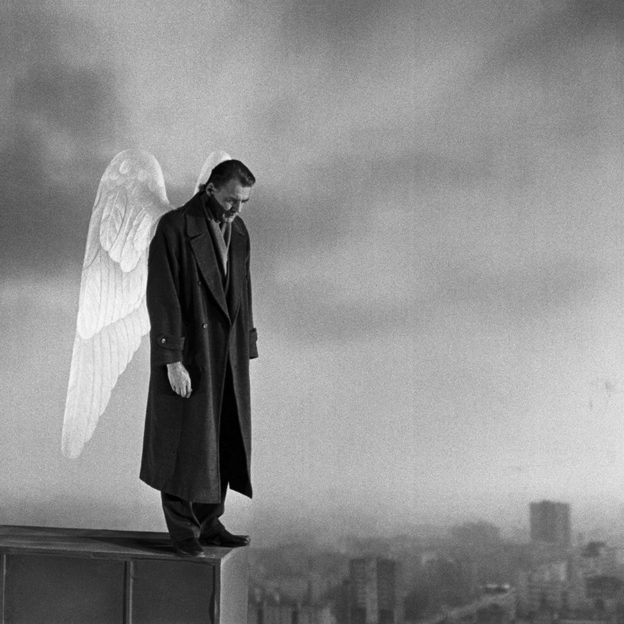Here another StoneWater practitioner and therapist Lorena Yosho Rivero de Beer explores Zen and Therapy.
I started practicing Zen meditation not long after I started training as a Lacanian psychoanalyst 5 years ago. From the beginning their similarities and differences have enriched both practices for me. They bring both experiential depth in the points that they merge and an interesting and at times quite uncomfortable edge with their differences. The most jarring aspect for me was the notion of detachment of desire in Zen versus Lacan’s statement that the only crime a man or woman can do is to go against his/her own desire, which lies at the core of the clinical work by Lacanians. I kept suspecting though that they are only jarring on the surface and as I ventured further into both practices I started to glimpse a kindred aim underneath.
I had a few chats with Roshi about the Lacanian psychoanalytic orientation and Zen. I am not sure I made much sense however he encouraged me to attempt to write something about it for the newsletter, which is kind of impossible because Lacan’s work is infamously complex and similarly, but differently, so appears Zen to me. I sense though that making the impossible possible is part of what both practices are about. In Zen, the impossible becoming possible is what, in my very limited experience, koans try to bring to light. I am thinking particularly about the one that Roshi has been talking about lately ‘the goose in the bottle’: we are free, we just need to become aware of it, and we do it by sitting in zazen again and again. In the Lacanian orientation I am thinking of the impossible as the fable of the frogs that fell into a bucket of cream and started flapping their legs desperately to save their lives. One gave up and drowned while the other one kept flapping and eventually the cream became solid. Suddenly, as if by magic, she had a base from which to step out of the bucket.
My own analysis has been a long, tedious and, at times excruciating, flapping process that consisted on lying on the couch and speaking to a mostly silent analyst sitting behind me. And through that I’ve had the chance to observe the relentless effects that my own discourse has in myself and caught glimpses of how unconscious formations rule my life while my powerless conscious self observes in despair the, at times, devastating effects of my actions in my life. And then, slowly, I start to recognize the nature of my unconscious desire, so it is becoming increasingly possible to start working alongside who I am, rather than fighting it. And suddenly, and it felt a bit miraculous even though it had been so gradual, life seemed more bearable. So now I feel I am not trying so hard to repress my drives and desires but work with them.
From what others say, analysis might eventually lead to a place from which desire is flowing without being mediated so much by the ego, so it’s not a desire based in attachment but more like one’s unique expression of a vital force, of a joyful becoming. Which is leading me to realize that this apparently irreconcilable difference between Lacanian analysis and Zen is not so. As we are continuously reminded in Dharma talks, Dogen said: ‘to know your self is to forget yourself.’ Lacan wrote in one of his Ecrits:
‘When man, seeking to empty himself of all thoughts, advances in the shadowless gleam of imaginary space, abstaining from even awaiting what will emerge from it, a dull mirror shows him a surface in which nothing is reflected.’
I am not going to attempt here to contextualize this fragment but, when I read it, what it brought to my mind, is that after years of analysis, something starts to wear off. One can’t quite hold an image of oneself or others out there in the world (that is, an image held by projecting onto others, by distorting one’s desire with the demands of the ‘Other’) that really holds meaning. The only thing one can hold onto with any sense of authenticity is the embodied experience of one’s desire, and when that is there, it feels good. And good is never just good for the self – it’s in context, in connection, with the myriad things.

